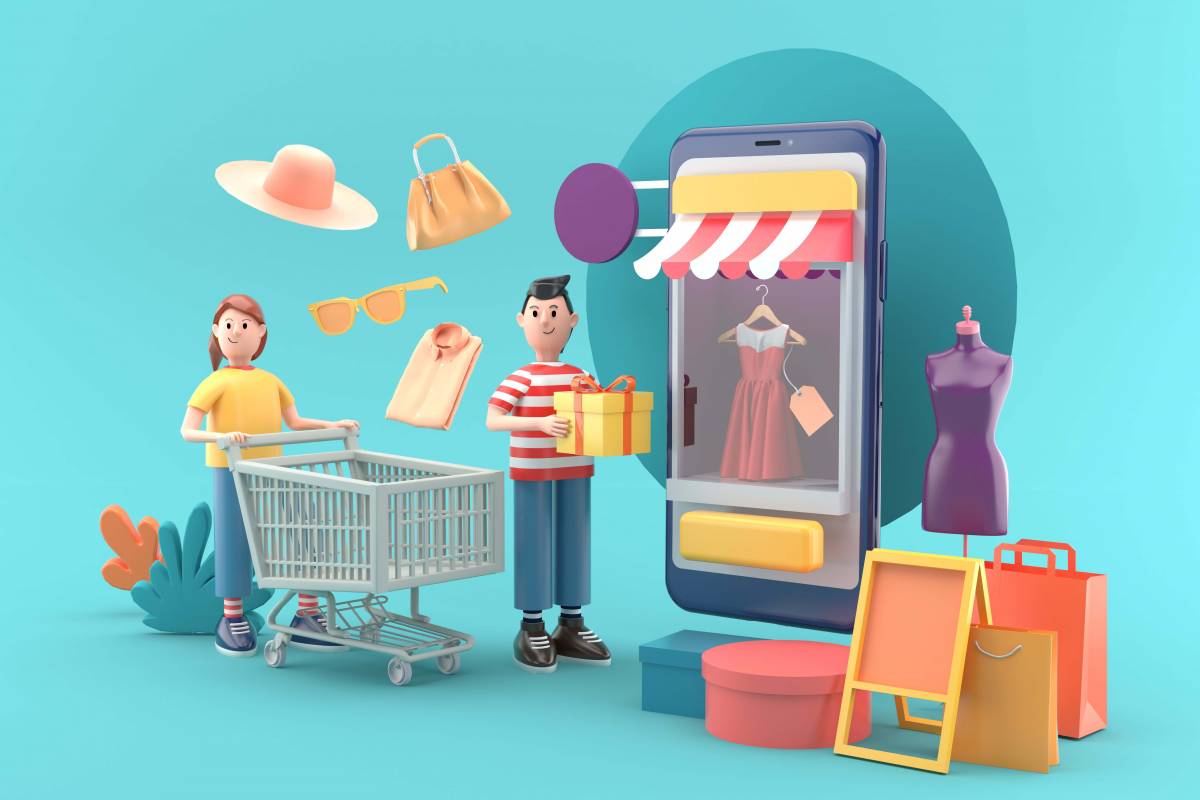
Germany, long famous for its beer, sausages, soccer and sedans, is now increasingly catching the eye of young Chinese consumers seeking premium cosmetics and health products.
It’s happening thanks to a new class of digitally-minded German brands establishing a strong presence in China through e-commerce, said Karl Wehner, managing director of the Germany, Austria and Switzerland markets at Alibaba Group.
“China’s rapidly growing and affluent middle class is bringing young consumers with different needs into the market,” stressed Wehner. “These consumers want to enhance their lifestyles, and German brands have been particularly attractive as they stand for high-quality and strict manufacturing standards.”
Even Covid-19 hasn’t dampened Chinese consumers’ rising enthusiasm for German-made products. During the 6.18 Mid-Year Shopping Festival, products imported from Germany were ranked among the most-popular items along with Korean, Japanese, American and Australian on Tmall Global, Alibaba’s cross-border e-commerce marketplace. The heightened interest in German products is in line with the overall Chinese consumers’ appetite for foreign brands. More than 10 million people visited Tmall Global during the campaign period, resulting in a 43% increase of gross merchandise volume – defined as the total value of orders settled through Alipay on Tmall Global – of imported products sold on the platform compared to last year.
Appealing to Younger Generations
German cosmetics company Cosnova boosted its year-over-year sales during 6.18 by 25% from last year’s event. Cosnova, which owns beauty brands including Essence and Catrice, turned to digital technologies like livestreaming for a more engaging shopping experience.
“Livestreaming is ideally suited to translate the haptic and sensory buying experience into the digital world,” said Cosnova Founder and President Christina Oster-Daum. Through viewing Alibaba’s livestreams, shoppers could see the key opinion leaders they love and trust apply Cosnova’s products and explain how they work in detail. In May, one of its livestream sessions generated the lion’s share of the company’s sales that month and helped to acquire new consumers: Nearly 97% of the orders placed via the livestream were made by first-time customers.
Oster-Daum said the medium also played a key role in helping the company reach consumers when it made its first foray into the market last April.
“Tmall Global was an ideal entry point for our launch in China. From engagement tools to payment and logistics services, it is an advantageous platform that has enabled us to precisely cater to Chinese consumers who have been eagerly awaiting our brands,” she said.
Livestreaming also proved to be a powerful tool for health and nutrition company Doppelherz, helping the German heritage brand win over tech-savvy Chinese shoppers. Partnering with young influencers on Alibaba’s livestreaming platform Taobao Live has helped Doppelherz strike a chord with young urbanites, especially those 20-28 years old. Going a step further to meet their interests, the brand jazzed up its offerings with creative packaging, such as its new Minions-themed eye vitamins.
It also taps the platform’s analytics to keep pace with demand, for example, shifting its focus towards trending categories like immune-boosting products amid the coronavirus pandemic.
“Tmall Global is our largest store in China, and we don’t expect that to change anytime soon,” said Axel Jürgensen, head of export at Doppelherz.
Jürgensen said the partnership pays off, particularly during sales events like the 11.11 Global Shopping Festival and Tmall Super Brand Day, when one truck after the other leaves their plant in Flensburg, Germany headed for China.
Immediate Feedback, Quick Adaptation
Tmall Global was launched in 2014 as an extention of Alibaba’s Tmall marketplace. It is a dedicated gateway for international brands to make their first entry into the Chinese market and connect with young consumers, who are seeking high-quality product offerings from around the globe. Today, Tmall Global is China’s largest cross-border e-commerce site and home to nearly 26,000 brands from 84 countries and regions – more than 80% entering China for the first time.
Some of the most-successful brands are the ones able to adapt to the market’s fast-evolving demands, said Alibaba’s Karl Wehner.
Fast shipping and high-quality packaging are favored, if not expected, by Chinese consumers. Among those enhancing customer experience for the market are health and wellness device manufacturer Beurer, which started selling on Tmall Global in 2015. When its customers raised complaints on orders that arrived damaged from last-mile deliveries, Beurer immediately reinforced its packaging nationwide to ensure that products would make it to consumers intact.
The brand was also quick to respond to emerging demands during the pandemic. While Beurer offers a broad range of products, from air purifiers and heated underblankets to portable massage gadgets, it worked with Tmall Global to prioritize medical equipment when the virus broke out in China. It sold 12,000 thermometers within minutes, for example, in a May campaign. As Tmall streamlined the delivery of essential supplies at the peak of the pandemic, this also helped ensure uninterrupted logistics and distribution for Beurer.
For European consumer brands going through a rough time because of the coronavirus, “we want to open up the Chinese market as an option for them to find new growth and overcome a crisis like this,” said Wehner.
“Part of that is helping brands tap into the resources and digital technologies Alibaba’s ecosystem has to offer, so they can connect with consumers wherever they might be – and even find some inspiration for what the future of retail might look like for their home markets.”




